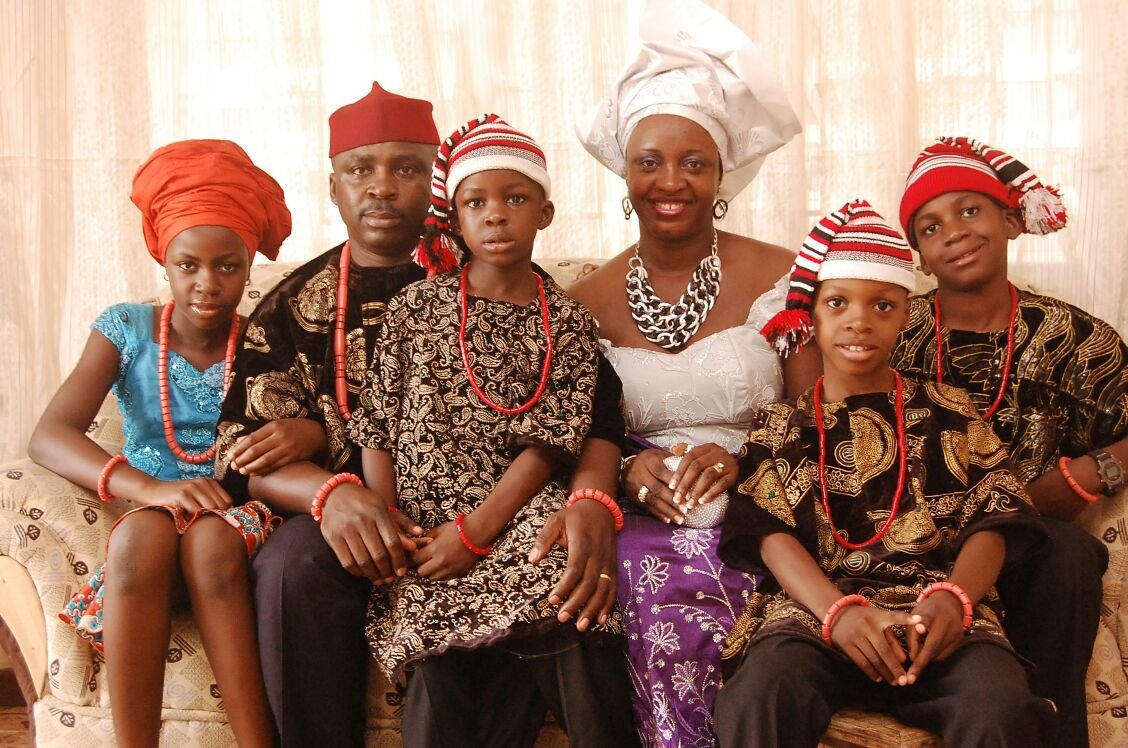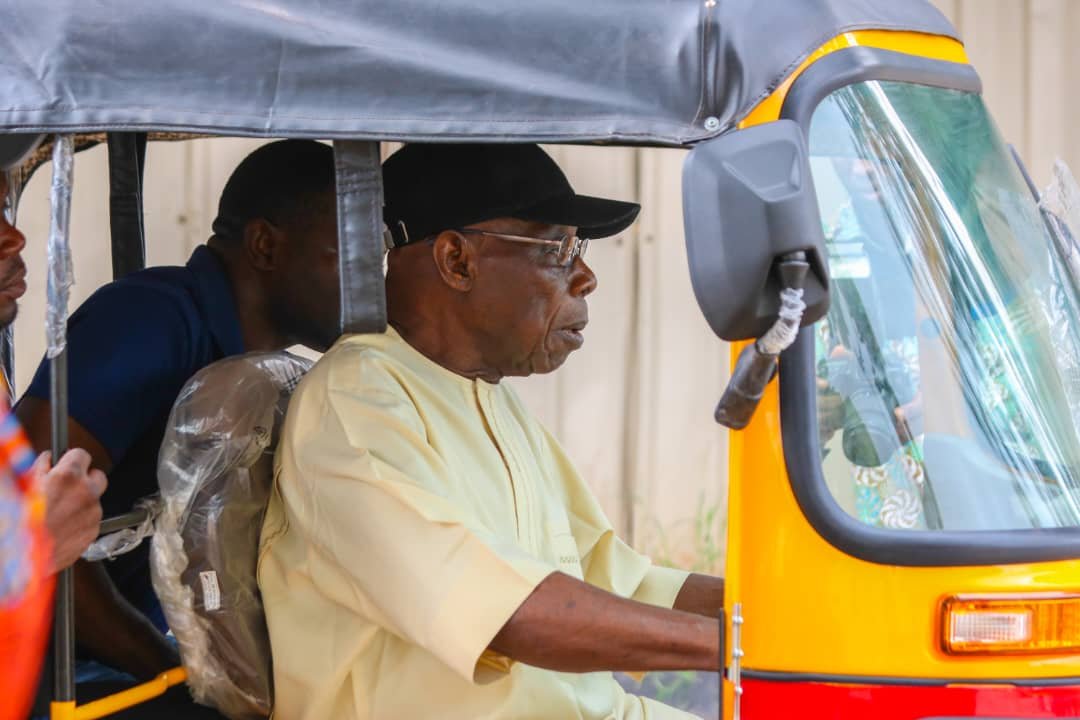Igbo for Travel: How to Survive a Visit to the East Without a Translator
By: Chimdindu Ken-Anaukwu
If you’re traveling to Igboland, be it for Christmas, detty December, a village wedding, or to meet that one uncle who always shouts when he talks, you need more than Google Translate. The East runs on vibes + language, and if you can’t say the basics, you’ll stick out like a new tire in Ariaria Market.
This blog gives you the real Igbo phrases you need to survive transport, market runs, and family visits. No fluff. No textbook Igbo. Only what people actually say on ground.
1. Transport Igbo: From Park to Keke Without Stress
If you can survive transportation in the East, you can survive anywhere. Here are the phrases to keep you moving:
Asking for Directions
Biko, kedu ebe m ga-eleta…?
Please, where can I find/go to…?Ònyé ga-egosi m ụzọ?
Who will show me the way?
Inside Keke / Bus
Nwanne, kwụsị m ebe ahụ!
My brother/sister, stop me there!Ego ole?
How much is it?Biko, mee ebere; agaghị m akwụ ụgwọ ugboro abụọ.
Please, have mercy; I’m not paying twice.
When the Driver is Doing Madness
Oga, jiri nwayọ!
Boss, take it easy!Ụzọ dị ebe niile, mana biko egbula anyị.
There is road everywhere, but please don’t kill us.
“Ụzọ dị ebe niile, mana biko egbula anyị.”
2. Market Igbo: How to Negotiate Without Them Calling You “Onye Ọcha Price”
Igbo markets are loud, beautiful, and spiritually dangerous for anyone who doesn’t know how to price.
Starting the Conversation
Aunty, ndeewo. Ego ole bụ nke a?
Greetings, aunty. How much is this?Nwanne, mee ka ọ dị ọnụ ala.
My friend, make it cheaper.
When the Price is Criminal
Ị kpọrọ ego ole a? Maka ihe a?
You’re charging this? For this?Biko, mee ka ọ daa. Abụghị m onye mba ọzọ.
Please reduce it. I’m not a foreigner.
When You Finally Agree
Ọ dị mma. Nye m ya.
Okay. Give me this one.
Bonus Market Survival Line
A naghị m echefu ọnụ ahịa.
I don’t forget prices. (A gentle threat.)
Don’t be gentle in Main Market Onitsha
3. Family Visits: Entering the Village Like a Pro
In the East, visiting family is a marathon of greetings, food, and questions you didn’t ask for.
Greetings That Actually Matter
Ndeewo / Kedu / Ị bụ ezigbo mmadụ.
Greetings / How are you? / You’re a good person.Ụtụtụ ọma / Ehihie ọma / Mgbede ọma
Good morning / good afternoon / good evening
Talking to Elders
Daalu, nna anyi.
Thank you, our father.Daalu, nne anyi.
Thank you, our mother.Ndi ọma, aga m ahapụ unu ugbu a.
Good people, I’ll be leaving now.
When They Load You With Food
Ozuola, daalu. Ana m eri.
It’s enough, thank you. I’m eating.Aga m ewere ya. Nke a dị ezigbo ụtọ.
I will take it. This is very delicious.
When the Nosy Aunties Start Interviewing You
Chineke! Biko, jụọ nwayọ.
God! Please ask gently.Ka anyị hụ ka Chineke ga-esi mee ya.
Let’s see how God arranges it. (The safest answer to marriage questions.)
4. Essential Igbo Compliments for Surviving Social Life
People love compliments in the East. Here are guaranteed hits:
I mara mma! — You look good!
I bụ ezigbo mmadụ. — You’re a good person.
Ụlọ a mara ezigbo mma. — This house is beautiful.
Nri unu dị ezigbo ụtọ. — Your food is very delicious.
5. Emergency Phrases (Because Life Happens)
Biko nyere m aka! — Please help me!
Enweghị m ego zuru ezu. — I don’t have enough money.
Kpọrọ m onye a. — Call this person for me.
A naghị m aghọta. — I don’t understand.
Conclusion: Go with Confidence (and Small Sense)
If you can use these Igbo survival phrases, you’re no longer a visitor, you’re a functioning traveler in the East. Remember: the real magic is not speaking perfect Igbo, but trying.
Trying opens hearts. Trying opens doors. Trying gets you correct price.
Now go and enjoy Igboland like someone who belongs.
Frequently Asked Questions (FAQ)
1. What is the most important Igbo phrase for travelers?
Kedu? (How are you?) It starts almost every conversation.
2. How do I ask for help politely?
Say: Biko nyere m aka.
3. How do I tell a driver to stop?
Use: Kwụsị m ebe a!
4. What is the Igbo word for market?
Ahịa.
5. Is Igbo hard to learn?
Not with consistency and real-life practice. Start with greetings and travel phrases like the ones in this guide!


